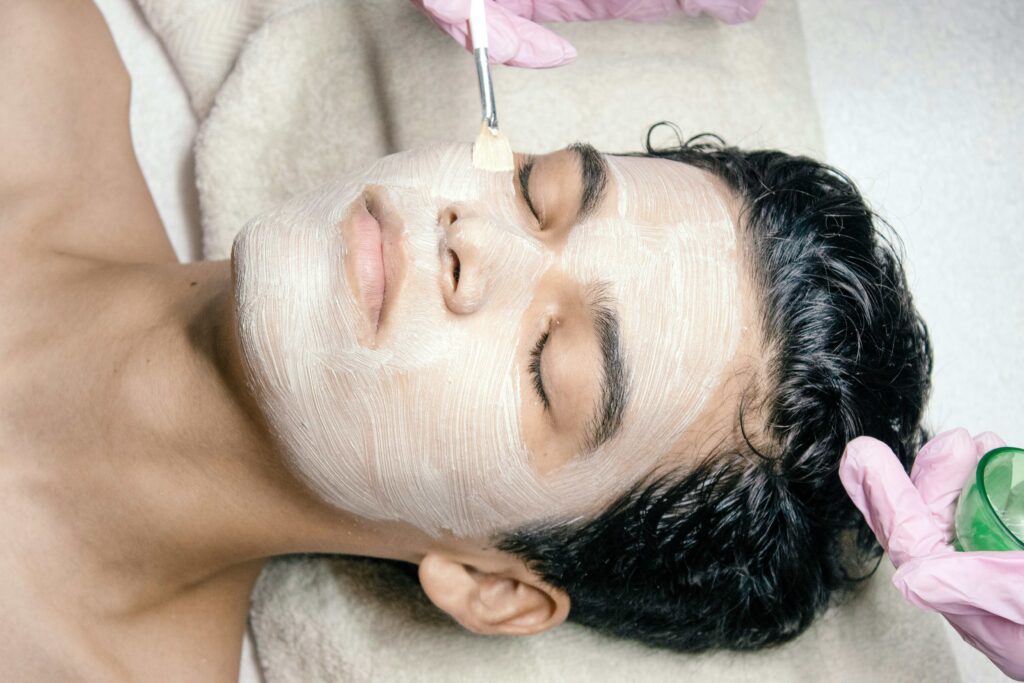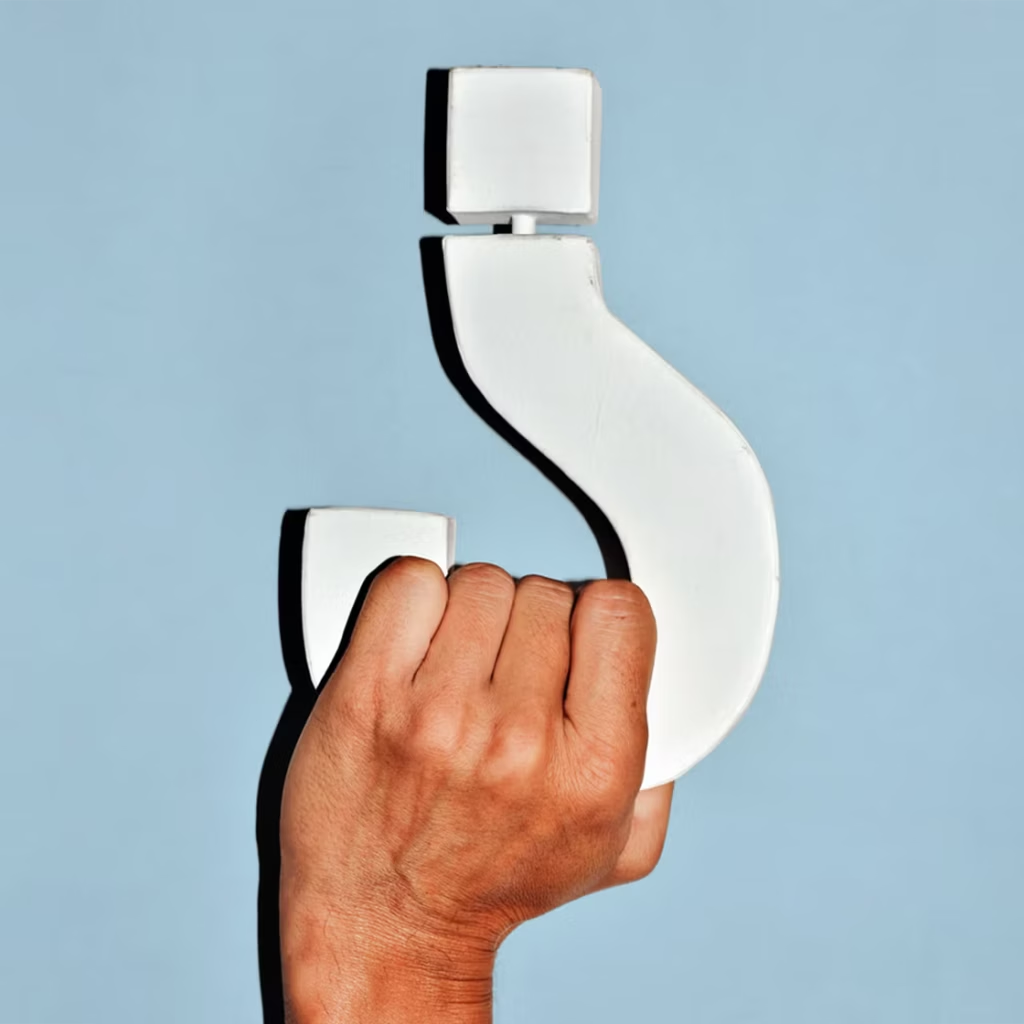If you’re puffing on an e-cigarette as you read this, you might want to set that vape pipe down.
Not only have e-cigarettes been said to contain and emit a variety of potentially toxic substances, such as aldehydes and metals, but researchers have lingering questions about the long-term effects that using e-cigarettes has on your general health: one in particular being your skin.
While for years dermatologist have been asking patients whether they smoke cigarettes, lately they’ve been asking a follow-up question: “Do you vape?”
This is echoed by dermatologist Dr Sonia Khorana, who puts smoking and vaping in the same category when it comes to skin. “We only have data going back a few years for vaping. Due to this lack of information, e-cigarettes have not been proven to be completely safe. Recent evidence indicates that vaping may just prolong the smoking habit and carries its own risks, too. But as far as the skin is concerned – vaping may be as bad as smoking.”
Here, everything you need to know about the impact vaping has on your body’s biggest organ.
How does vaping affect your skin?
A new study, published in the Journal of the American Academy of Dermatology in October, reviewed all studies of dermatologic conditions associated with the use of e-cigarettes: contact dermatitis, burns, and oral lesions. Researchers found that there has been an increase in the number of contact dermatitis cases associated with vape use. E-cigs work by heating vapor with a coil made of nickel, which gets “transmitted through the device, thus frequently irritating the dominant hand used to hold the e-cigarette.”
More research is needed before dermatologists can speak definitively about the effects vaping can have on your skin aesthetically over time, but the signs aren’t looking good.
“Vaping, just like cigarette smoking, produces a huge surge of chemicals in the body,” explains Dr Mervyn Patterson, Cosmetic Doctor at Woodford Medical. “Absorption of gases occurs easily through the delicate lung tissue and a ‘long drag’ produces a marked spike in hundreds of toxins.”
Inhalation of these toxic chemicals will inevitably effect the skin. “Skin tends to act as a reservoir for the body and much of these inhaled materials will end up being deposited in the skin,” says Dr Patterson. “Overload the skin cells with toxins and it will impact on their normal functions such as repairing the essential skin barrier.”
Does vaping damage your skin?
Short answer, yes. Not only has it been linked to chronic inflammation, unwanted pigmentation, redness, loss of collagen and elastin, says Oattersin, vaping can accelerate the formation of fine lines and wrinkles due to the breakdown of collagen.
“Nicotine acts as a vasoconstrictor, meaning it causes the narrowing of small blood vessels, which reduces oxygen supply and the flow of nutrients to the skin,” Dr Patterson explains. “Deprive key skin cells of oxygen and nutrition and the skin starts to sag and wrinkle prematurely. Pigmentation in the form of blotchy, uneven discolouration and sun spots is also accelerated in smokers.”
According to senior aesthetician, Bianka Michalekova from Young LDN, vaping can also exacerbate dryness and make inflammatory skin conditions worse. “Vaping contains lots of chemicals and nicotine, which come in contact with our skin. This may cause the skin to become dry or flaky,” she says. “The chemicals in e-cigarettes can also cause skin sensitivity and irritation which can lead to rashes.”
Does quitting vaping improve your skin?
Put simply, if you stop vaping, your skin will improve. “Blood flow increases and carbon monoxide levels drop,” says dermatologist Dr Sonia Khorana. “Your complexion will improve as oxygen, antioxidants and new skin cell production return to normal. You will also prevent any further damage from occurring.”
“Even with the help of skincare, you can never completely reverse all the signs of damage,” says Dr Khorana, adding: “You may wish to explore in-clinic treatments such as microneedling, lasers and Ultherapy to help build collagen, dermal fillers to restore volume loss; Botulinum Toxin injections for dynamic wrinkles and CO2 lasers to resurface the deep smoker’s lines around the mouth.”
What does vaping do to your hair?
According to research, any form of smoking tobacco has an impact on your hair. Not only do smoking and vaping affect your hair growth cycle and fibre pigmentation but even being exposed to tobacco smoke in the air can cause nicotine levels to accumulate in your hair follicles and your hair shafts. In other words, you don’t even need to be the one vaping for your hair to be affected.
But when it comes to vaping in particular, while there is no direct evidence to suggest that vaping causes hair loss, there are a few potential mechanisms by which it could theoretically contribute to hair loss. Some of the chemicals found in e-cigarette vapour have been shown to have toxic effects on hair follicles in lab studies. In addition, the high temperatures reached during vaping could potentially damage hair follicles, leading to hair loss.
A study by researchers at the University of Southern California also found that people who used e-cigarettes had increased follicle-stimulating hormone (FSH), an important hormone for both male and female reproductive health.
Related articles:















